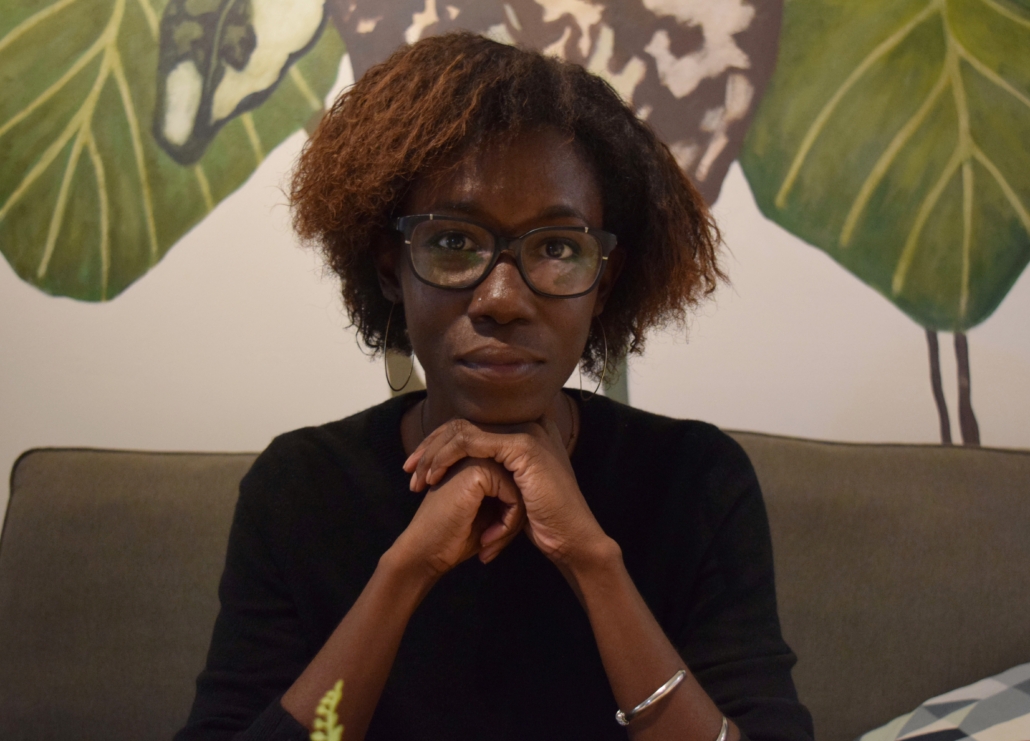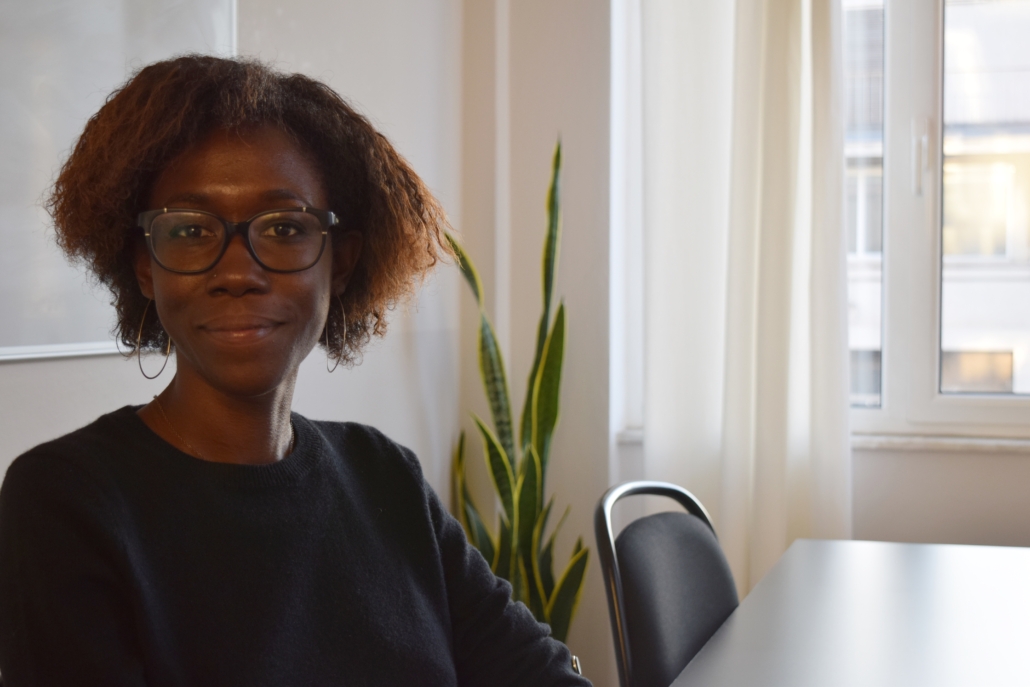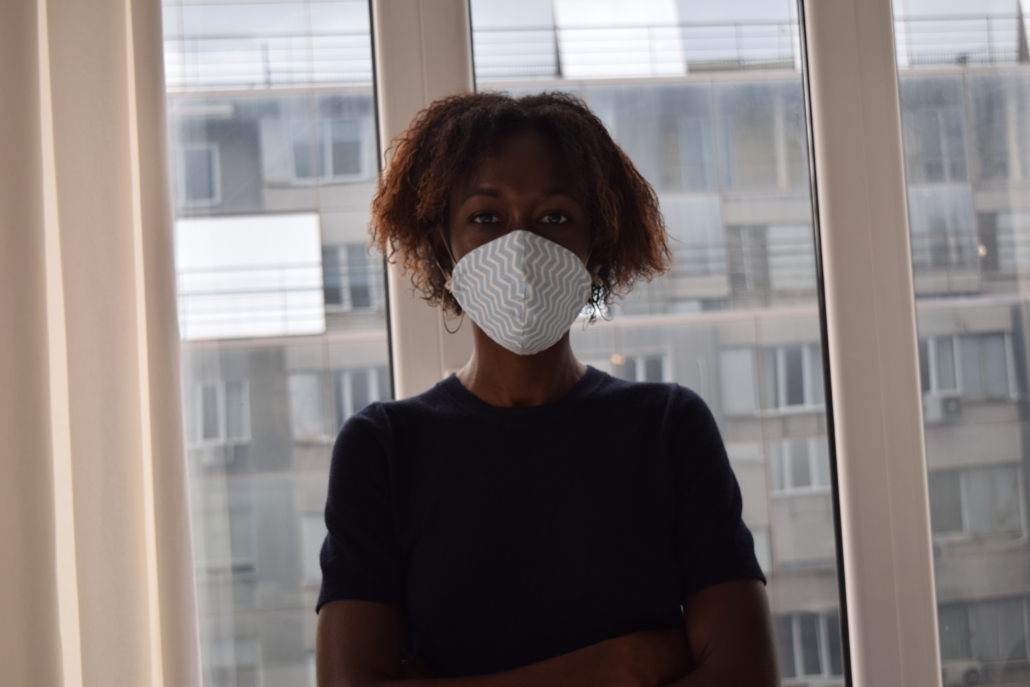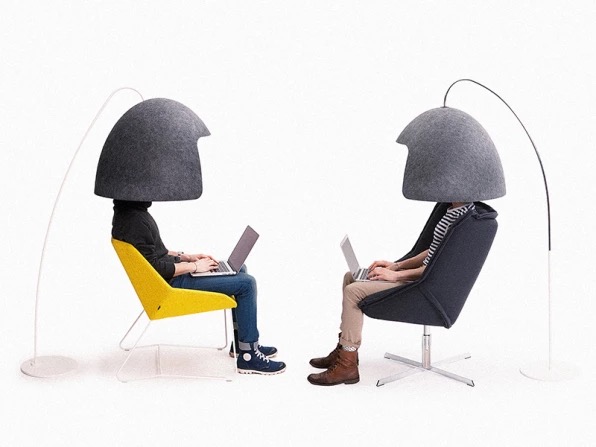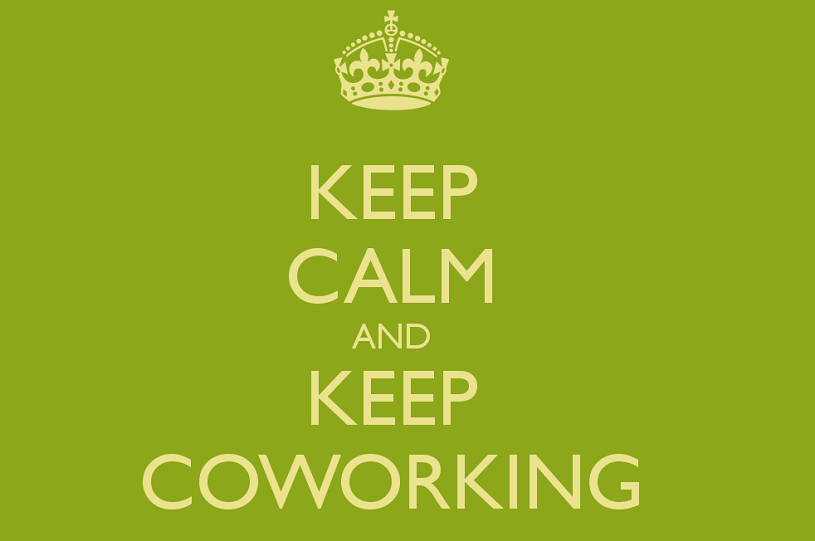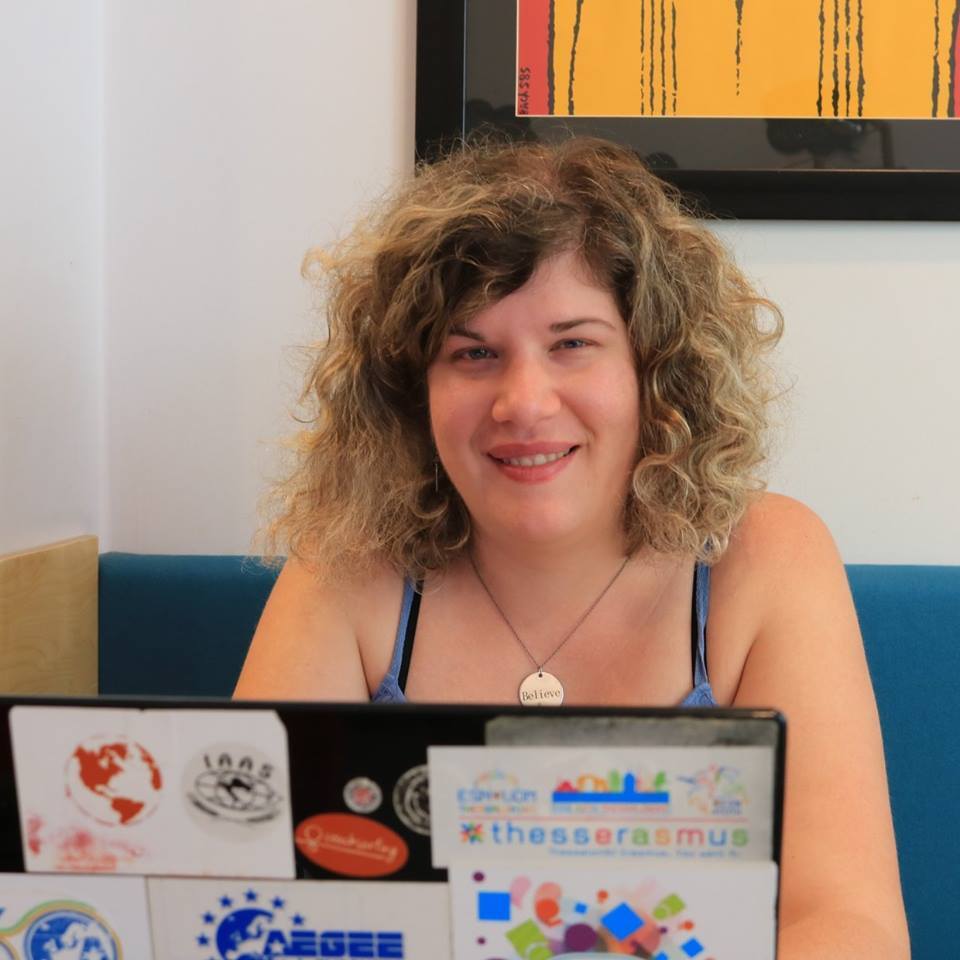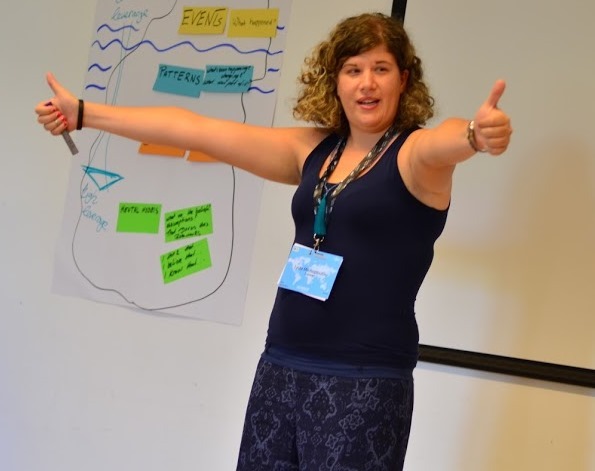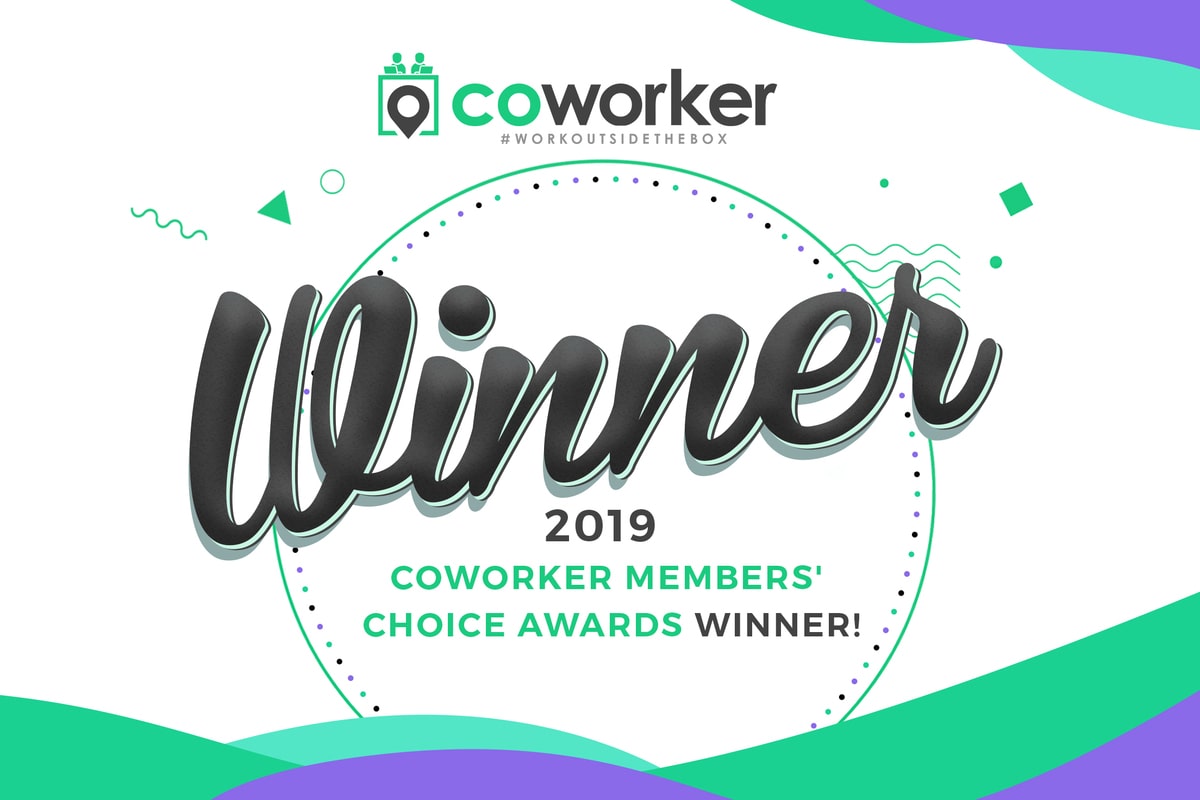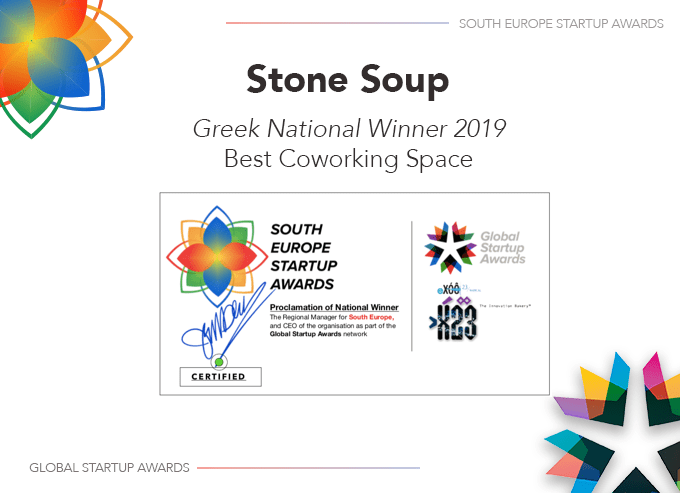Athens lockdown: opportunities and challenges for freelancers
Meet Ambre, our coworker from the French city of Bayonne in the Basque country! She is a copywriter and translator (English and Spanish to French) for e-shops and commercial websites. She got her first job offers through the translation and copywriting agency Textmaster and she now works for a network of regular clients and agencies that offers her a steady workflow. We had a chance to speak with Ambre about the pros of online work and how did she cope with the spring and winter lockdowns in Athens. We also asked her how did she end up in Athens in the first place, and how did she experience the lockdowns as a freelance worker.
This is her story.
The pros and cons of freelance work
After obtaining a Master’s degree in international purchases and logistics Ambre worked for five years, until 2017, for different companies in Paris. After evaluating the experience she gained from this kind of fixed work she decided that she needed a fresh start. She left Paris and started a small business in the fashion industry that seemed hard to succeed. So she looked for something different driven by her other passions, languages, communication, and reading. Copywriting and translation services proved a field where she felt truly comfortable.
Working as a freelancer gives Ambre the freedom she looked for. She remembers that during her previous 9 to 5 work scheme she felt stuck in a structured and hierarchical workplace. When talking about the pros of freelancing she mentions the ability to organize her free time and to write about different fields that appeal to a curious personality. When it comes to the cons she adds that in a globalized market there is competition for the same job and fewer quality offers. Before forming personal links with her clients she used to grab every opportunity.
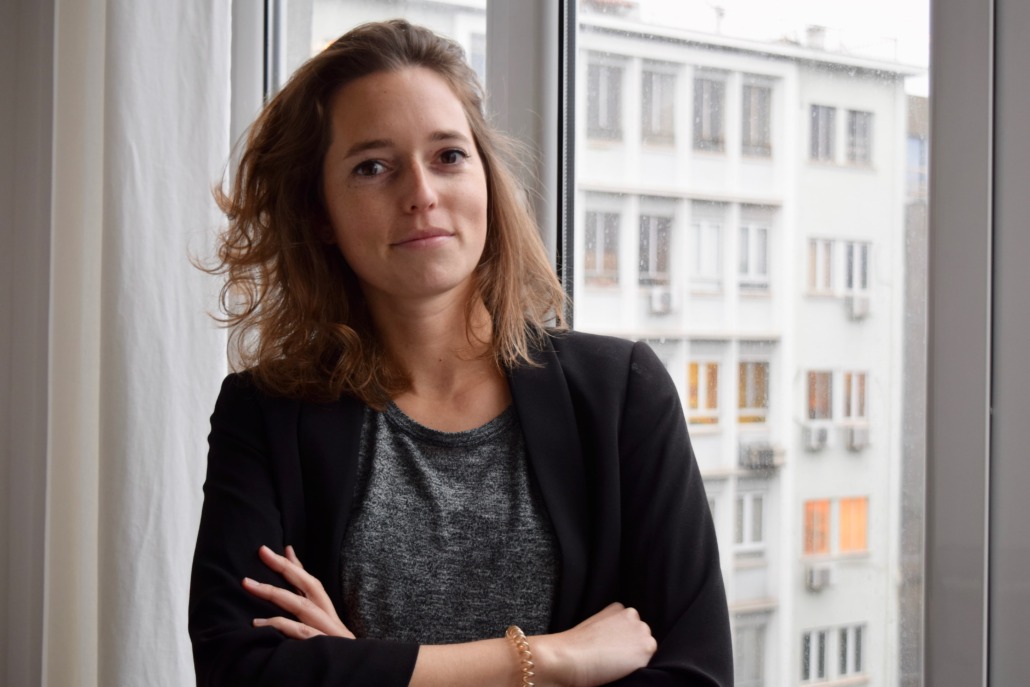
Picking Athens for remote work: before and during the lockdown
Ambre works remotely and she agrees with the concept of nomadic work. When she left Paris she went to Seville, Lisbon, and Bayonne before choosing Athens with her partner. She laughs remembering that she didn’t know anything about the modern city, just that it was an affordable place! They first came in January 2019 and started exploring different places in Greece.
In March 2020 everything changed! At the beginning of the first lockdown, she was working as a content creator for a tourist journal. It was shocking when the company told the copywriters that they could not work anymore. At first, she was feeling a lot of insecurity and uncertainty. Her (already remote) work did not change but she was really bored because she had no other choice but to work! Her narration of the life during spring lockdown is revealing: “waking up, yoga, working, working, working, yoga!” Work was an escape from the fear but in a depressing way that made her feel stuck. Athens was in a cocooning phase too and Stone Soup was closed. So it was her home that was both a workplace and a safe space.
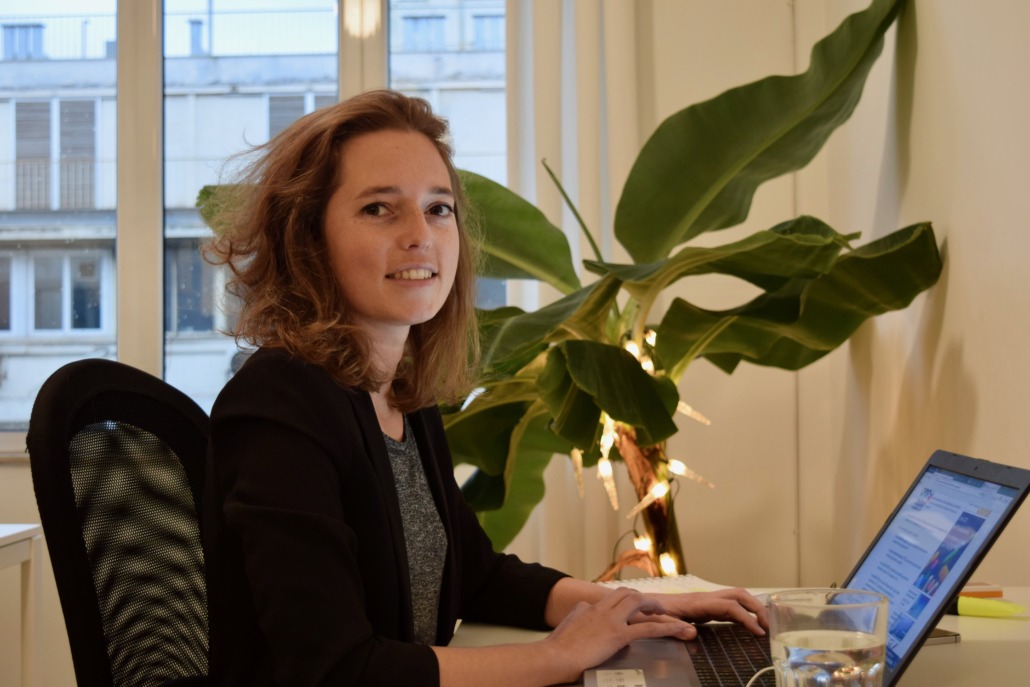
Remote work after a calm summer: and another lockdown in autumn!
Summer was a calm and relaxing time for Ambre. Traveling to Santorini and meeting with friends was an escape from the numbness of spring. But in autumn restrictions were re-imposed again and freelance workers like her had to deal with another Athens lockdown in November. But this time both coworking and online work emerged stronger than before. She clarifies that the digitalization of small businesses drove up the demand for online content creators. As a result, autumn began with hopes up. She gets the chance to walk to Stone Soup and see friendly faces. She walks from her home in Petralona to her coworking space early in the morning and enjoys the sun rising and the quiet ambiance (fewer people and more cats on the streets!). Athens feels cozier in this controlled freedom state now.
Coworking seems like an excuse, a way to get out, take coffee breaks and feel like we are all in this together, she adds. The feeling that comes up first in her mind when she thinks about coworking is socialization!
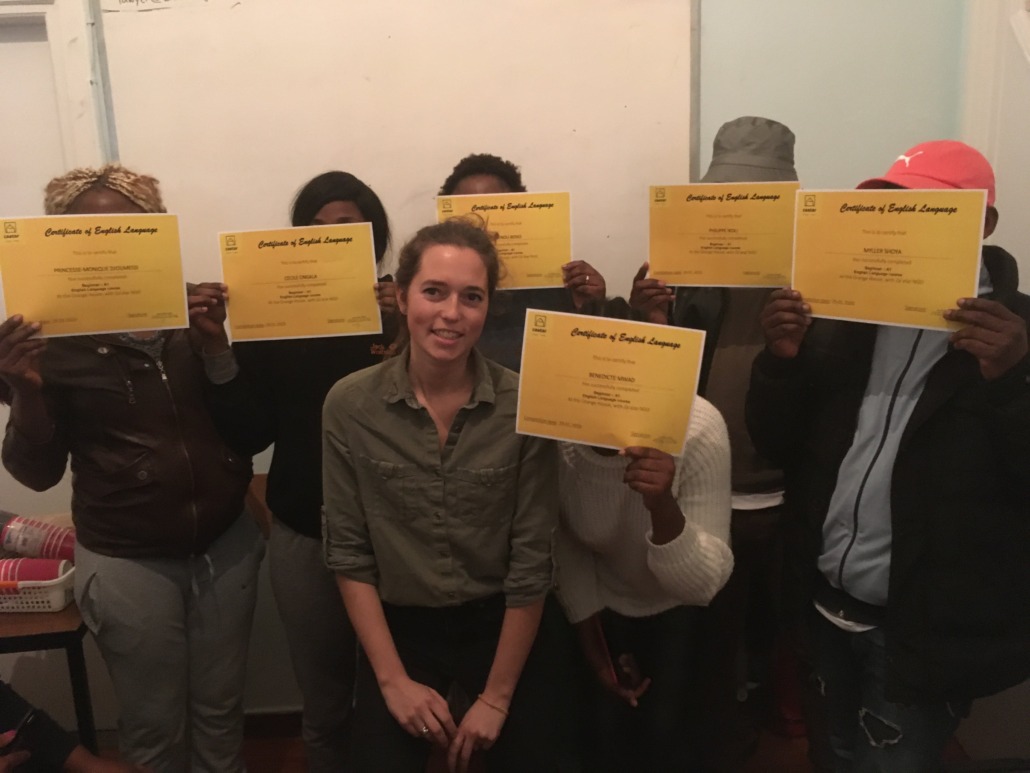
Ambre at Za’atar NGO 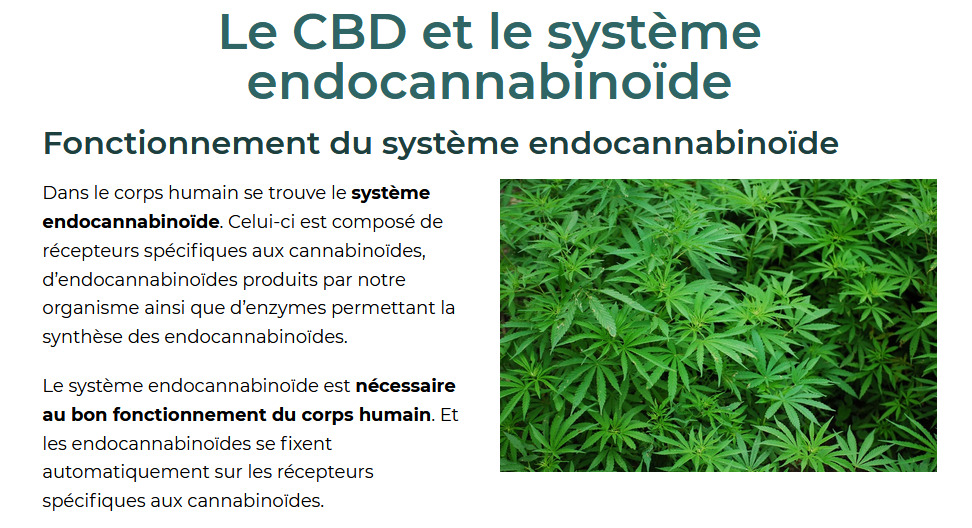
Content creation by Ambre for MonPlanCBD 
Content creation by Ambre for SweetSmallPea
Looking forward to a post-lockdown Athens
“PARTY HARD!” That is what Ambre misses the most! She is not a fan of the digital social life of the pandemic world and wants to see people again. Discovering more of Greece (“what about a road trip to the Peloponnese?”) is another goal along with climbing Mt Olympus! The Athenian cultural sites like the National Museum of Contemporary Art and the small bookstores are the places she cannot wait to visit again. Physical activities she used to do like yoga and volunteer teaching of English to refugees in a real classroom for the Za’atar NGO will also be more than welcome in her everyday life again. Her online work for companies like Sweet Small Pea, MonPlanCBD, and Agence Boca will feel even more exciting then. Athens will feel authentically charming again and the real-life small neighborhoods can be explored after some evening drinks with her Stone Soup friends such as Jelia! At the end of the day, we saw the limits of the digital way of living, she concludes, and it is time to re-appreciate what we miss and hope for.



